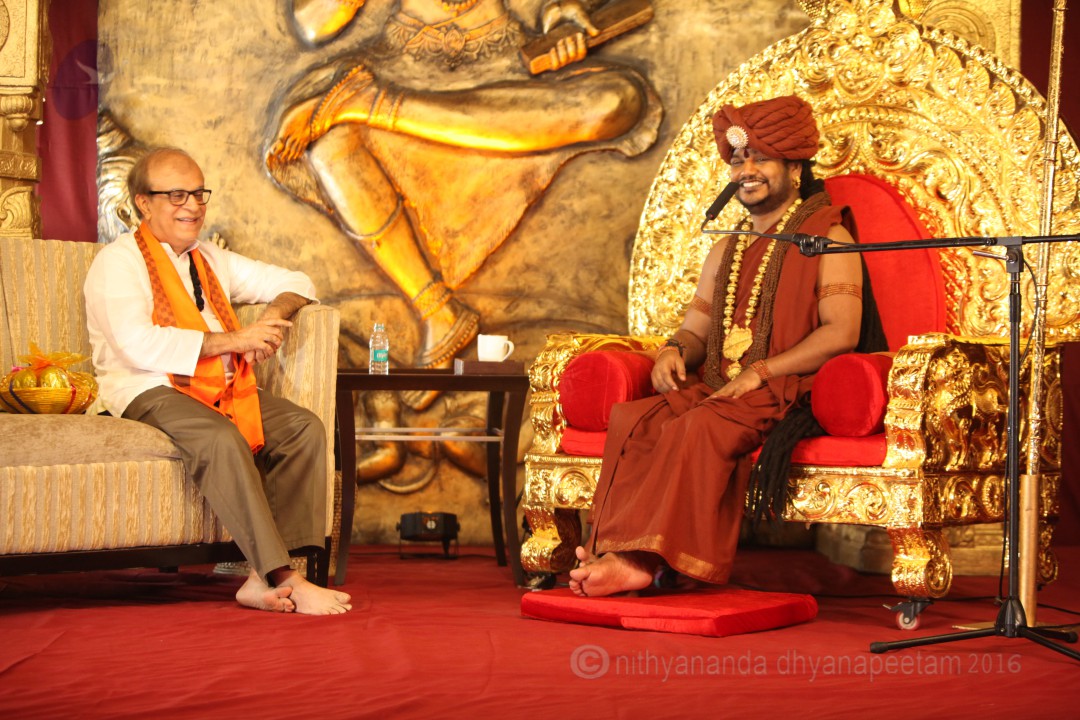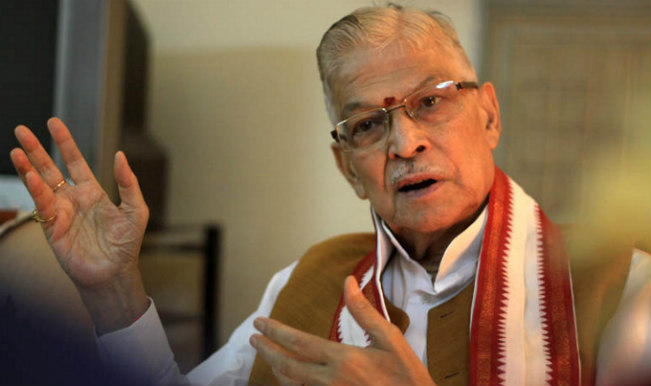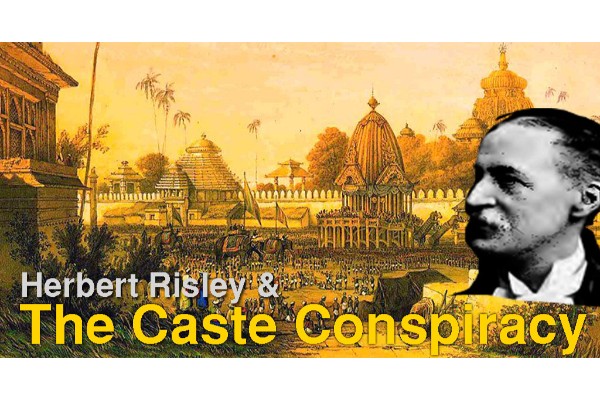Secular India controls Hindu Temples – An American explores
One thing that we all must take into consideration when we observe another nation’s laws and customs is that one size does not fit all. Many Americans tend to believe that we have a monopoly on right thinking when it comes to issues of personal freedom, religious expression, sexual mores and the like. And while I do happen to appreciate much of what our Constitution and its most progressive interpretation offer I often hold back the thought of, “If only (insert country here) would adopt our enlightened way of thinking when it comes to (insert social or legal issue here) they would be so much better off.” I’m fully aware of the different temperaments of the various populations around the globe.
For example, I was meeting in Turkey with journalists a few years ago. We were discussing free speech, which, of course, they were passionate about. But there was something brewing at the time concerning a reporter who greatly insulted a public official. The several Americans I was with all nodded in agreement that, yes, such behavior was perfectly acceptable in the USA. Happens all the time. Our hosts were a bit taken aback. Really? Insulting office holders was protected speech? They couldn’t abide that. And, unlike many of my peers, I have no problem with their interpretation of press freedom. It’s what they are comfortable with. Now, of course, there are other issues where I might hesitate to be so open. I would love to see nations around the world that have blasphemy laws or harsh Sharia inspired penalties for activities that are perfectly legal here abandon such medieval thinking. It’s all a matter of balancing an appreciation of multiculturalism and yet acknowledging that some cultures are deeply wanting in some areas.
This brings me to the idea of the secular state, where church and government are clearly separated. Well, let me walk this back a little. “Clearly separated” means different things to different people. If we were to ask those who would prefer to have the Judeo-Christian 10 Commandments posted in courthouses and public schools about the issue of pluralism I assure you they would claim to be in firm agreement with our 1st amendment. A growing number of secularists in America ask why we still have prayers recited before Congress sessions open; a practice that goes back to the very days when the Constitution was ratified. From that point onward there has always been a conversation (and not always a civil one) about where that line is. It’s interesting that so many other countries, some with official national churches, experience less tension in this realm.
This brings me to India’s secular status. Keep in mind that I am no expert in Indian law or her Constitution. I always imagined that its guarantee of religious freedom was just like ours. It’s been only a decade or so ago that I learned about the very odd relationship the state has with its Hindu temples. And when I share this information with my American friends I often hear a loud “THUNK” as their jaws hit the floor. “Really? You are saying that in India, Muslims control their mosques, Christians, control their churches, but Hindu’s DON”T control their temples?” Yes, I tell them. You heard me right. Then I go on to explain that if a Muslim wishes to make Haj his expenses are borne, in part, by the Indian government. But if a Hindu wishes to make tirtha to Varanasi, Mathura or any other sacred place he or she is on their own. At that point they just shake their heads, as I did when I was made aware of the situation. Again, it’s up to all nations who claim to be secular to define for themselves how to accommodate religion. But when something just isn’t working, especially for the devotees of that religion, it’s time to think of something else.
Those who maintain and oversee religious communities need to be real stakeholders; people who are concerned not only with the financial issues but with the impact the institution is making on the people it serves. The practice of secular (or Muslim or Christian) bureaucrats making decisions about Hindu temple management has only led to a deflated temple culture that is impotent, to say the least. It makes me believe that Hindus in the USA and other countries will someday be the ones to take Hindu Dharma further into the 21st century.
I am aware of the reasons that the Indian government has for its failed policy. Yes, devotees and priests can create toxic, unspiritual environments as well, maybe even better, than a government. Adharmic activity is not the monopoly of anyone. We in the US can point to any number of churches, mosques, synagogues and temples where greed took precedence over the virtues of the religion. The horrendous way the Catholic Church handled its sexual abuse scandals might make its followers beg to have someone from the government come in to clean up the situation. But Spirituality is a marketplace. And like all marketplaces institutions that deserve to die do just that. And often, after the offending parties are removed, the community flourishes.
Hindus having control over Indian temples is an opportunity to tell New Delhi, “We are adults. We are willing to meet any concern and deal with it. Those of other religions are not more mature than we.”
If this happens then perhaps mandirs will return to what they were: centers of learning, music, dance, literature and true spirituality; not merely a place where pujas are done. This is not to dismiss the importance of pujas, but they alone will not be enough to keep temple communities vivacious, inspired and forward thinking.
As Indo-American relationships deepen I pray that more Indian Hindus will see the value in charting one’s own course and that this state of affairs is a relic that needs to be swept into the dustbin of history much sooner than later.











